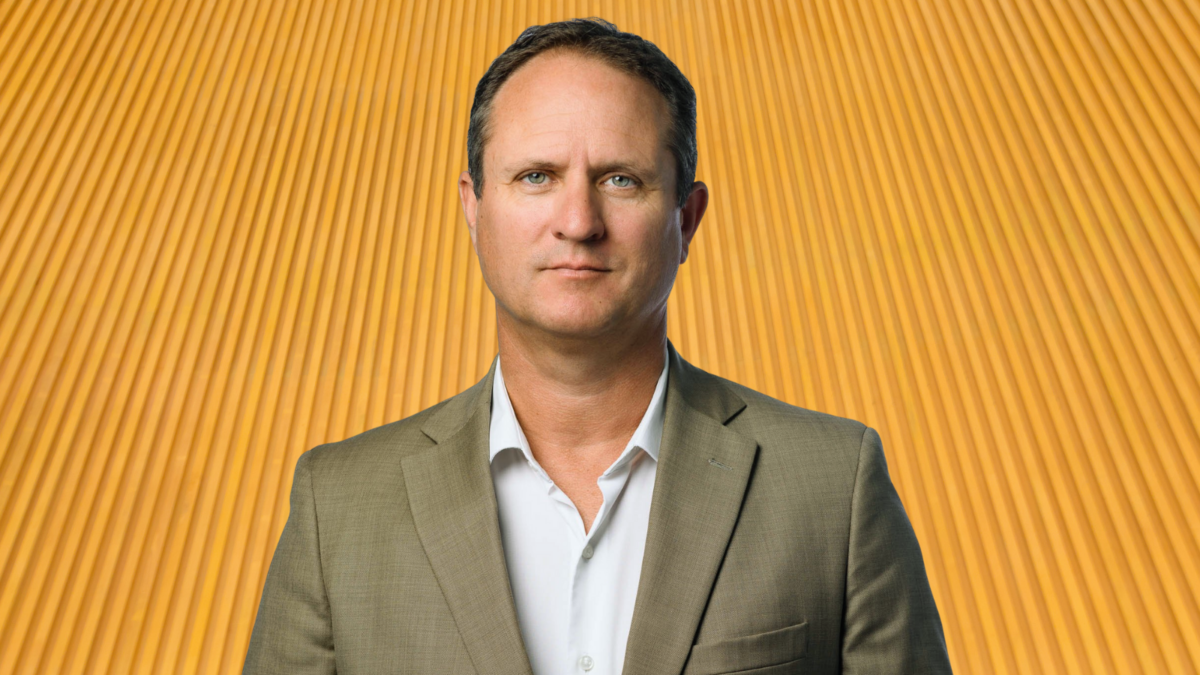Why big super is waking up to private credit
Private credit has been a very established asset class offshore in the UK, Europe and United States for decades, with institutional investors drawn to the defensive income and floating rate of return it provides. Now Australia’s super funds have “woken up” to what’s going on offshore, according to Mick Wright-Smith, founding partner of Epsilon Direct Lending.
“If you went through their interest in the asset class it started with offshore managers,” Wright-Smith said. “They’ve dipped their toes into the water as much as 10 years ago with offshore managers, but what’s changed is there’s now a market for private credit in Australia – and they’re becoming much more interested in it.”
Australian banks were relatively better off in the GFC compared to their American peers, partly due to good management, partly due to good luck, and partly due to government support. That’s meant the development of Australia’s private credit market has lagged some of its global counterparts, and big banks still mostly dominate it – though that’s beginning to change in the face of the Basel III reforms, which means they make substantially less money than they used to lending to corporates.
But the nascent state of the market is also one of its biggest strengths.
“In overseas jurisdictions a borrower can go to a whole bunch of banks and 20 or 30 credit funds if you want and create a real competitive tension when you’re seeking terms and conditions,” Wright-Smith said. “When you’ve got a massive supply of capital, the terms become very borrower friendly.”
“The same borrower in Australia doesn’t have a whole bunch of banks and they don’t have a 20 or 30 credit funds. So lenders in the market tend to get higher pricing than they can offshore and get more lender-favourable terms and conditions in loans – better protections, more covenants. If you’re an investor in private credit, the bang for your buck here in Australia is pretty good right now.”
Still, the influx of new capital into any asset class usually triggers concerns that the asset class has become hotted up and investors aren’t looking too closely at where they’re putting their money, with some commentators warning that the “mother of all default cycles” is now upon us.
“I don’t disagree that things are tough now and our view is that they’re going to get tougher. I don’t know if it’s a soft landing, a hard landing – but there’s some kind of landing coming, and it’s probably here for a lot of companies. We expect default rates to creep up.”
But that doesn’t mean it’s the end of the world. In mid-market lending, the probably of default through the cycle is around three per cent; in the GFC it blew out to eight per cent. It’s hardly the case that all private credit strategies are doomed, but there “will be some casualties”.
“They’ll come from those strategies that are in the most cyclical of industries,” Wright-Smith said.
“Property is a cyclical asset class; if there’s a disaster in property – and that appears to be unfolding – that’s got to flow through to property lending strategies, particularly those lending to developers and construction companies and which have crept into the equity risk category.”
“In the corporate lending space there are some strategies that achieve headline higher returns in the mid-teens but I think you’ll find that there are more defaults and potentially losses in the portfolios of managers that adopt those kinds of strategies.”











